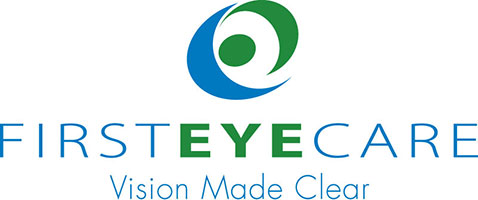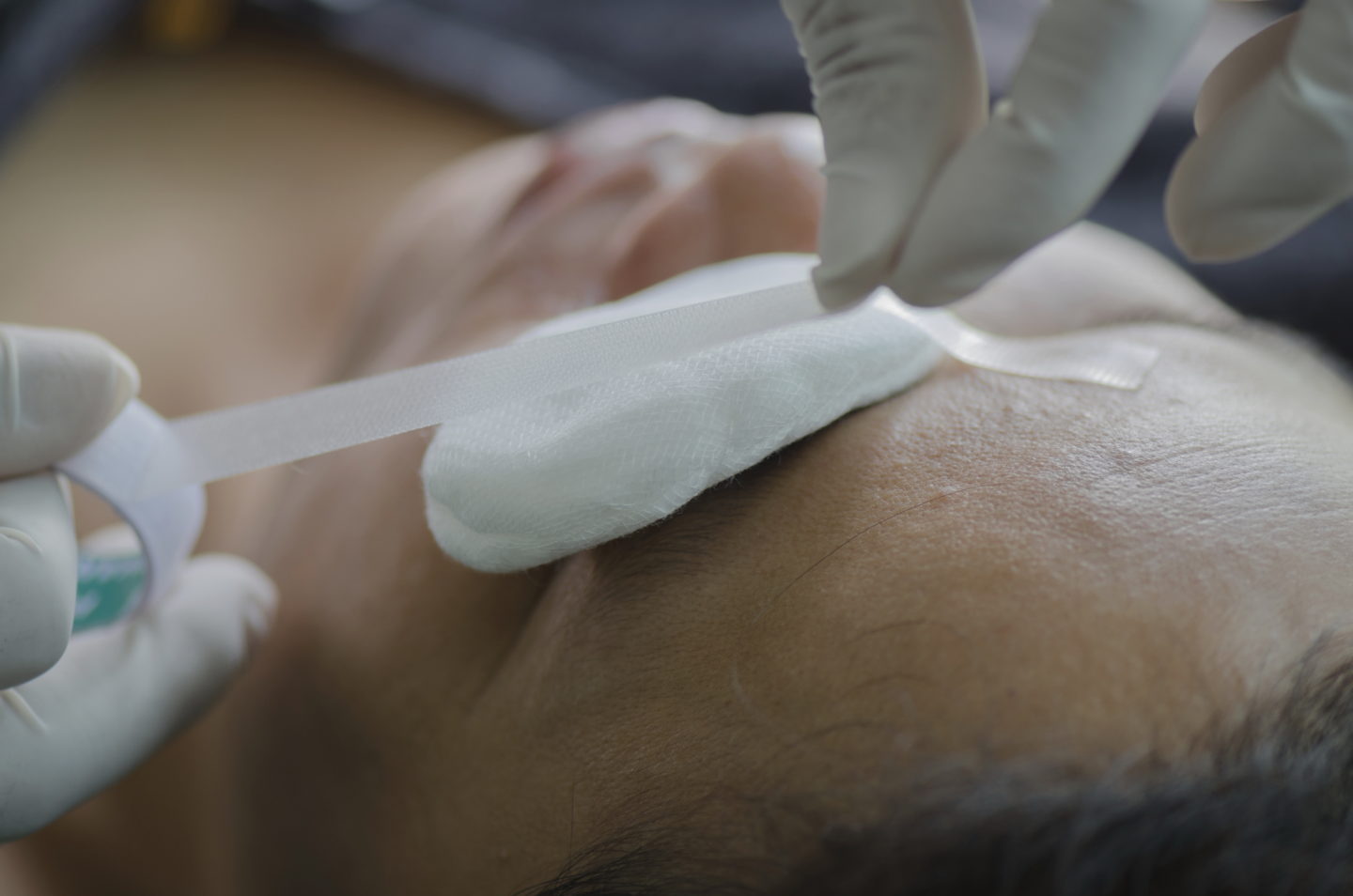Eye Injuries Can Cause Permanent Vision Loss
For such an integral part of your body, your eyes are extremely sensitive. They may provide you with the vision you need to complete everyday activities like driving, reading, and writing, but they can suffer injuries easily. Even the simplest of things can lead to an eye emergency.
Being so sensitive, you need to be caring for and protecting your eyes on a daily basis. Seeing your eye doctor for an annual eye exam is one such way to do that, but there comes a time when you need to reach out and schedule an urgent appointment following an eye emergency.
These emergencies are not like typical eye diseases and conditions. Often, they are sudden and can affect your vision quickly. On some occasions, they can lead to permanent vision loss if you do not seek treatment immediately. However, if you’ve never experienced one before, you may be wondering what constitutes as an eye emergency.
Knowing and recognizing symptoms of an eye emergency is vital in protecting and maintaining your eye health. In these situations, seeking immediate treatment is essential. If not, you could lose your vision permanently.
Here at First Eye Care DFW, we have plenty of experience treating eye emergencies of many kinds. While some are minor, others can lead to further complications and complete vision loss. If you or someone you love experiences an eye emergency, contact First Eye Care DFW immediately.
What is an Eye Emergency?
Many things can lead to an eye emergency. These emergencies occur when your eye is damaged in some way by a traumatic injury, a cut or scrape, a foreign body lodged in your eye, or a chemical burn. These emergencies require immediate attention.
Some of the most common eye emergencies include:
- Retinal Detachment: This injury occurs when the retina found in the back of your eye detaches from its normal position. The retinal cells separate from the blood vessels responsible for delivering oxygen to the eye.
- Acute Glaucoma: This form of glaucoma occurs when there is a sudden and unusual increase of fluid pressure inside your eye, which occurs when the iris blocks the drainage angles in the eye.
- Retinal Artery Occlusion: Those with high blood pressure or other heart conditions experience this condition. It occurs when a clot (or occlusion) blocks the arteries in the retina.
- Conjunctivitis: Also known as pink eye, this condition occurs when the conjunctiva (the tissue on the inside of your eyelid) becomes inflamed and swells. While it appears minor, this tissue is vital to the health of your eye. If you are not careful, it can lead to further complications.
- Chemical Injuries: These injuries are often the outcome of getting chemicals in your eyes, whether in the form of a liquid, fume, or aerosol. You will need to flush out your eyes for at least 15 minutes with a saline solution or water.
- Foreign Objects: Even small particles can cause damage. Foreign objects can cause cuts, punctures, abrasions, and more.
Eye Emergency Symptoms
As you can see, eye emergencies vary, and each has its own set of distinct symptoms. However, many share similar ones. Regardless, it is crucial to know and recognize these symptoms so that you can seek treatment early.
Some of these symptoms include:
- Blurred or distorted vision
- Vision loss
- Uneven pupil sizes
- Bulging eyes
- Eye pain
- Burning or stinging sensation
- Double vision
- Redness
- Irritation
- Bleeding
- Blood in the white part of your eye
- Light sensitivity
- Discharge from the eye
- Headaches
- Nausea
- Black eyes
- Swelling
- One eye not moving like the other
If you experience any of these symptoms, contact your eye care doctor right away. You may have sustained an eye emergency. The sooner you receive treatment, the less likely you are to experience permanent eye damage or vision loss.
What Not to Do
Your eye is sensitive, so eye emergencies can cause complications if you are not careful. In most instances, you should not attempt to treat the injury yourself. There are many things that people think will help their injury that might make things worse.
Here are some tips if you have an eye injury:
- Do not rub your eye or apply pressure.
- Do not attempt to remove a foreign object that is stuck in your eye.
- Only use cotton swabs on the inside or outside of eyelids. Do not use any tools near your eyes (such as tweezers).
- Do not put medications or ointments on your eye.
- If you wear contacts, do not remove them if you’ve suffered an eye injury. Doing so may make things worse.
- However, you can remove them if you suffered a chemical injury, and they didn’t flush out when rinsing.
In most eye emergencies, you should always contact an eye care expert for treatment. They will be able to help you best and ensure the safety of your eye. Trying to treat the injury yourself might cause severe complications.
Preventing Eye Injuries
Eye injuries can happen anywhere at any time. They often occur suddenly without a moment’s notice. Whether you are at work, at home, or competing in an athletic event, these injuries can happen.
Because your eye is so sensitive, protecting your eyes is vital. Some ways you can protect your eyes and prevent eye injuries include:
- Wear protective eyewear when using power tools or playing high-risk sports.
- Use caution when cooking with grease and oil, and when using chemicals for cleaning.
- Keep scissors, knives, and other sharp objects out of reach of small children.
- Do not allow small children to use projectile toys, such as darts or pellet guns.
- Keep your distance from fireworks.
- Wear sunglasses whenever outside in the sun.
- Childproof your home by removing or cushioning sharp edges in your house.
These are just a handful of useful tips to keep you and your loved ones’ eyes safe.
However, even the most careful person in the world cannot prevent all eye emergencies. Sometimes things are out of your control, and eye emergencies happen. If you or a loved one suffers an eye emergency, contact First Eye Care DFW right away and let us help you.



